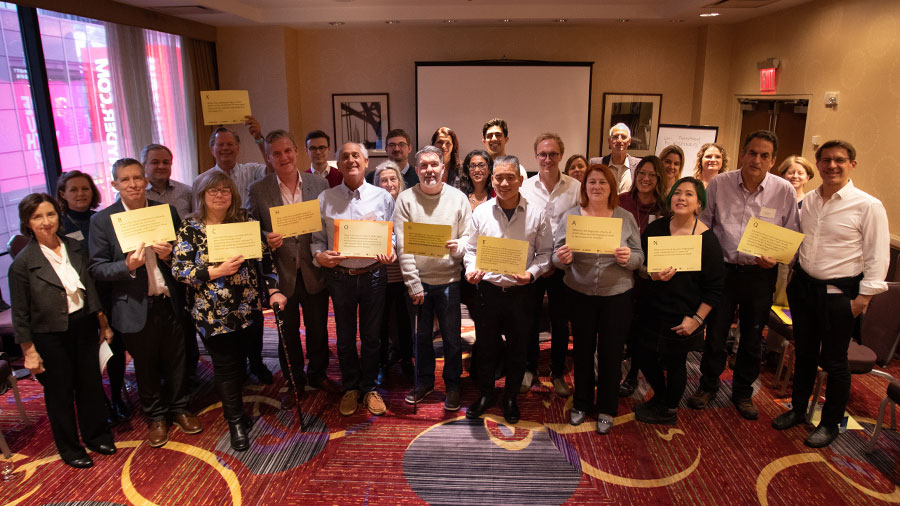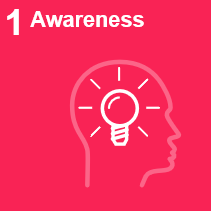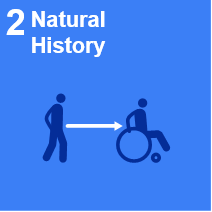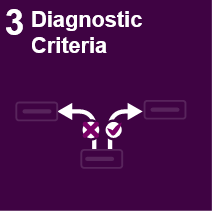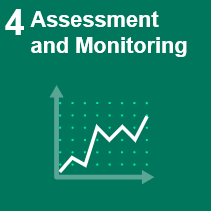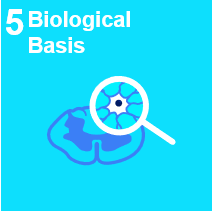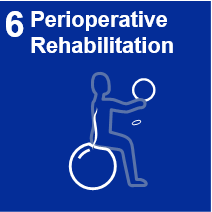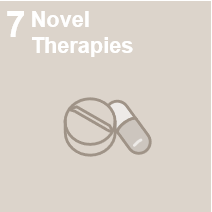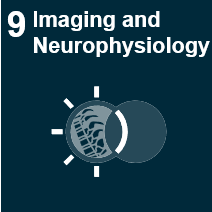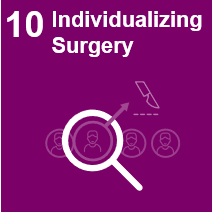Research Priorities
1. Raising awarenessWhat strategies can increase awareness and understanding of DCM amongst healthcare professionals and the public? Can these strategies help improve timely diagnosis and management of DCM? |
2. Natural historyWhat is the natural history of DCM? What is the relationship between DCM and asymptomatic spinal cord compression or canal stenosis? What factors influence the natural history of the disease? |
3. Diagnostic criteriaWhat are the diagnostic criteria of DCM? What is the role of imaging and when should imaging be used in the assessment of DCM? |
4. Assessment and monitoringWhat assessment tools can be used to evaluate functional impairment, disability and quality of life in people with DCM? What instruments, tools or methods can be used or developed to monitor people with DCM for disease progression or improvement either before or after surgical treatment? |
5. Biological basisWhat is the pathophysiology of DCM? What are the mechanisms of neurological injury and the molecular and anatomical consequences? |
6. Perioperative rehabilitationWhat is the role of rehabilitation following surgery for DCM? Can structured postoperative rehabilitation improve outcome following surgery for DCM? What are the most effective strategies? |
7. Novel therapiesCan novel therapies, including stem-cell, gene, pharmacological and neuroprotective therapies, improve the health and wellbeing of people living with DCM and slow down disease progression? |
8. Socio-economic impactWhat is the socio-economic impact of DCM? (The financial impact of living with DCM to the individual, their supporters, and society as a whole). |
9. Imaging and ElectrophysiologyWhat is the role of dynamic or novel imaging techniques and neurophysiology in the assessment of DCM? |
10. Individualizing surgeryAre there clinical and imaging factors that can help a surgeon select who should undergo surgical decompression in the setting of DCM? At what stage of the disease is surgery the preferred management strategy? |
The process
The process brought together insights from all stakeholders, surgeons, health professionals, and people living with DCM, to be sure the questions represent what matters most.
The process adhered to the JLA methodology: 3'404 research ideas were gathered from 429 individuals (231 Surgeons, 99 Healthcare Professionals (HCP), 99 People with DCM or their supporters) using an online survey.
These were refined to produce 74 unanswered summary questions, which were prioritized in a second survey by 417 participants (214 Surgeons, 310 HCP, 107 People with DCM or their supporters).
The top 7 unique questions per stakeholder group (20 questions) and a further 6 questions selected by the AO Spine RECODE Steering Committee, entered a face-to-face consensus meeting in New York. This was attended by 25 individuals (7 Surgeons, 6 HCP, 11 People with DCM and 1 Supporter) where the top 10 priorities for research were agreed (panel).
Podcasts on top ten research priorities
AO Spine launches podcast series on top ten research priorities for DCM. Each of the ten episodes focus on a research priority, featuring interviews and discussion with experts: those who live with the condition, alongside world-leading surgeons, and allied healthcare professionals. The "AO Spine Research Top 10 from Myelopathy Matters" podcasts is presented by the AO Spine RECODE-DCM Co-Principal Investigator Ben Davies and Michelle Starkey.


